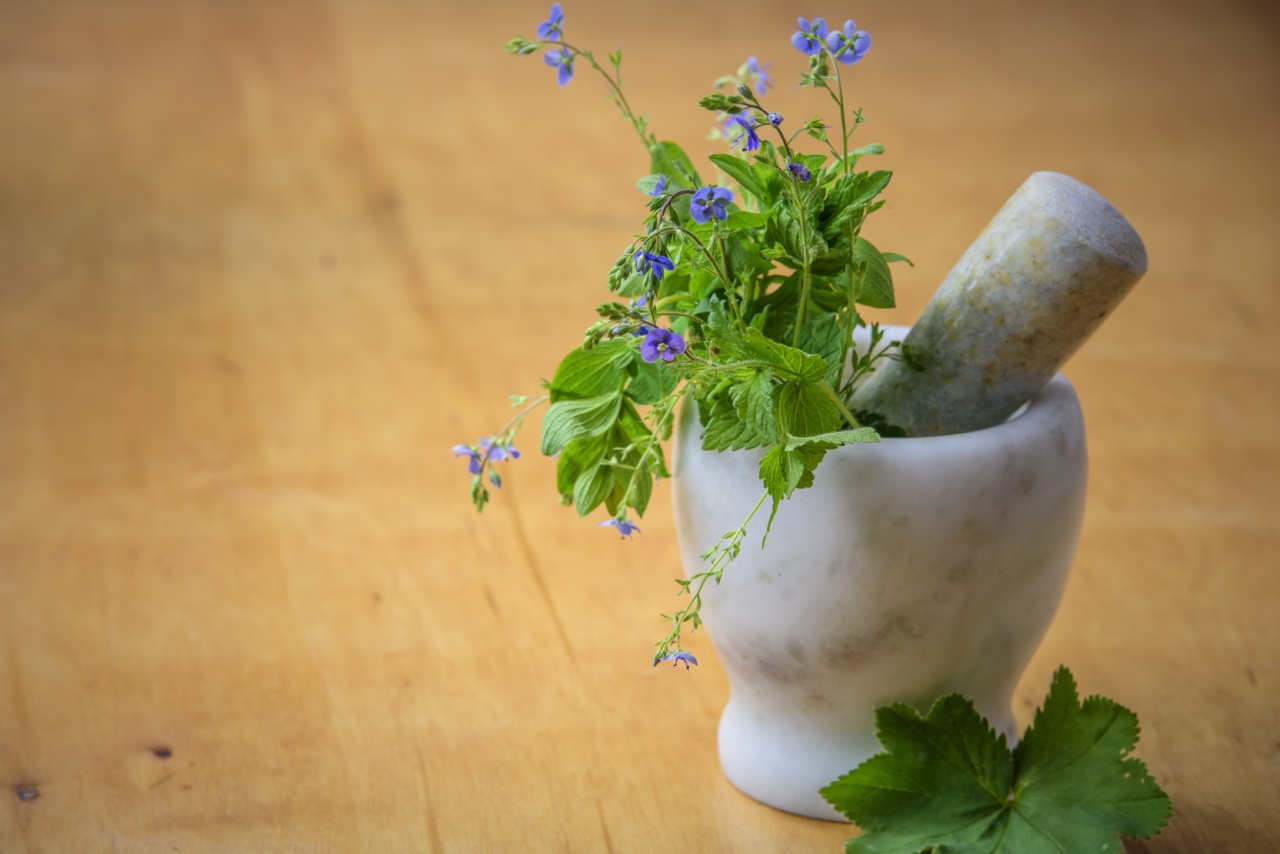For centuries, ancient civilizations have used spices and herbs to treat various ailments. In recent years, scientific research discovered the hidden secrets of longevity-boosting spices and their impressive health benefits.
All known for their antioxidant and anti-inflammatory properties, spices can optimize health, help fight diseases, boost immunity, and increase lifespan.
Cinnamon
Cinnamon is one of the most commonly used spices in the world. It is native to Sri Lanka and is made from the inner bark of the Cinnamomum tree.
Cinnamon is rich in antioxidants which help to lower inflammation in the body, thus, improving cardiovascular health and preventing some types of cancer. Studies show that cinnamon can help improve blood sugar control, making it beneficial in the management of type 2 diabetes.
Turmeric
Turmeric is a spice that comes from the turmeric plant and is commonly used in Asian cuisine, particularly in Indian dishes. It contains curcumin, which has potent anti-inflammatory and antioxidant properties.
Studies show that regular consumption of curcumin can improve brain function and memory, lower the risk of heart disease, reduce the risk of cancer, and improve arthritis symptoms.
Ginger
Ginger is a root that is commonly used as a spice in Asian and Indian cuisine. It contains gingerol, which is a powerful anti-inflammatory compound. Ginger is considered beneficial in treating nausea, vomiting, menstrual cramps, and arthritis.
It can help lower blood sugar levels, cholesterol, and high blood pressure. Furthermore, ginger improves digestion and may reduce muscle pain and soreness.
Cloves
Cloves are the dried flower buds of the clove tree, native to Indonesia. They are a good source of antioxidants and have anti-inflammatory properties.
The active compound in cloves, eugenol, is considered beneficial in treating a variety of health conditions, including toothaches, digestive issues, and respiratory infections. Studies show that cloves can also help to lower blood sugar levels and improve liver function.
Cardamom
Cardamom is a popular spice that is native to India. It is used in various dishes, including tea, coffee, and desserts. This spice contains several compounds that have antioxidant, anti-inflammatory, and antibacterial properties.
It can help to improve digestion, lower blood pressure, and improve blood sugar levels. Studies show that cardamom can also help to reduce the risk of heart disease.
Cumin
Cumin is a spice native to the Mediterranean and Southwest Asia. It contains essential oils that have antimicrobial, antioxidant, and anti-inflammatory properties.
Cumin has been shown to improve digestion, enhance the immune system, and support healthy skin. It can also help to improve blood sugar levels and cholesterol levels.
Paprika
Paprika is a spice made from peppers native to Central and South America. It is rich in antioxidants and has anti-inflammatory properties. Paprika has been shown to reduce the risk of chronic diseases, including diabetes, heart disease, and cancer.
It can also improve eye health and protect the skin from damage caused by the sun’s UV rays.
Saffron
Saffron is one of the most expensive spices in the world, mostly due to the fact that it is harvested by hand. It contains several active compounds that have antioxidant, anti-inflammatory, and antidepressant properties.
Saffron has been shown to reduce the risk of cancer, improve brain function, and enhance mood and reduce symptoms of depression.
Cayenne Pepper
Cayenne pepper is a type of chili pepper that is commonly used as a spice. It contains capsaicin, which is responsible for its hot and spicy taste. Capsaicin has been shown to have pain-relieving properties and can help to reduce inflammation.
Cayenne pepper can also lower blood pressure and improve circulation.
Fennel Seeds
Fennel seeds are the dried seeds of the fennel plant, which is native to the Mediterranean. They are a good source of antioxidants, fibre, and minerals. Fennel seeds are used in various dishes, including desserts and as a digestive aid.
They can improve digestion, reduce inflammation, and lower blood pressure.
Conclusion
In conclusion, incorporating these spices into your diet can help improve overall health and longevity. They have been shown to have powerful anti-inflammatory and antioxidant properties that can help reduce the risk of chronic diseases.
These spices also offer various benefits from improving brain function, reducing inflammation, to improving digestion. So, begin to consume these spices in dishes or taking them in supplementary form, to reap maximum results in your health.






























